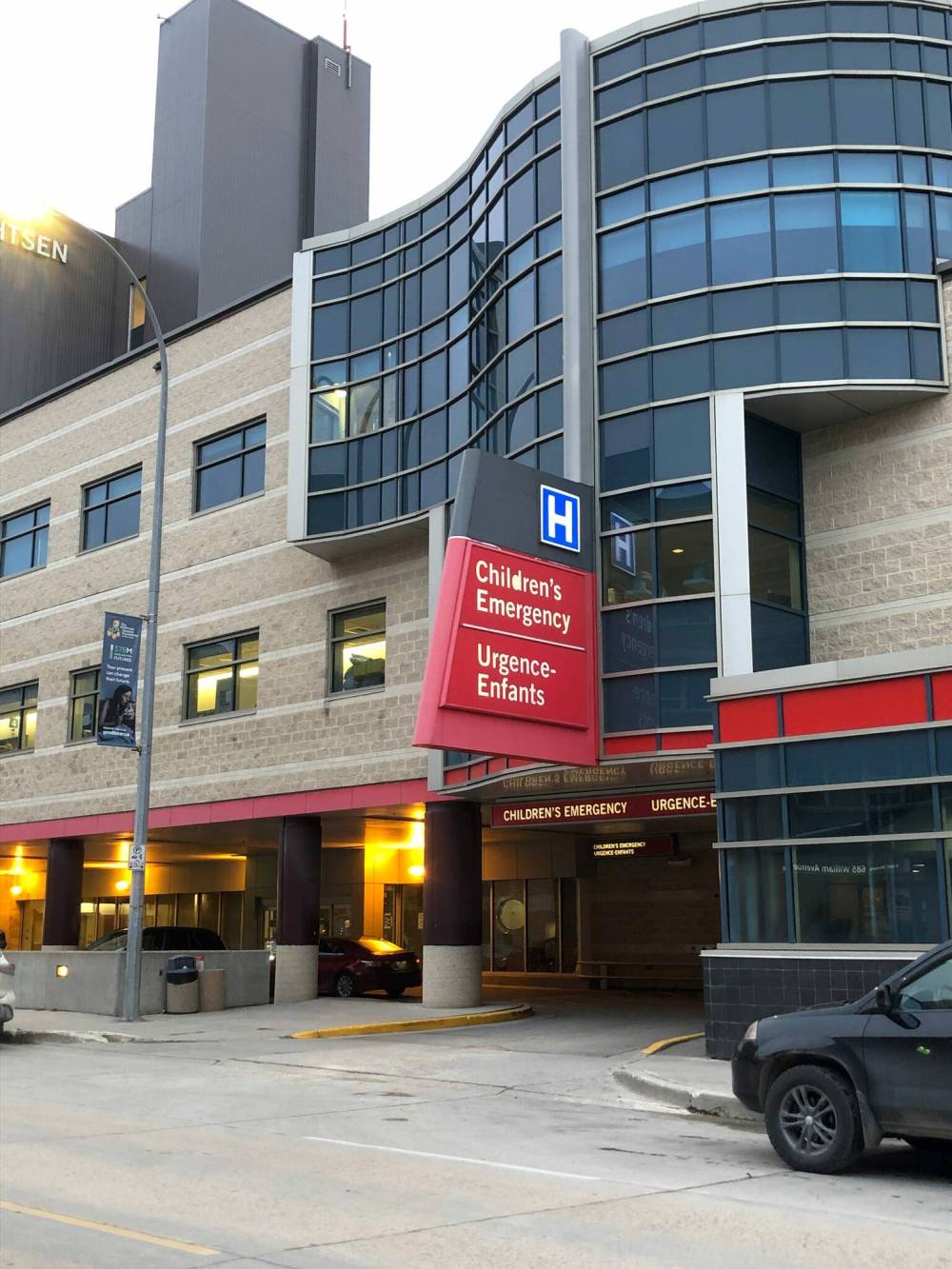
The plan to add beefed-up security to Manitoba’s busiest emergency departments is being kept under lock and key even though guards, armed with handcuffs and batons, could begin patrolling the province’s largest university in late spring.
University of Manitoba campus safety and security director Gordon Perrier said institutional safety officers (ISO) will be deployed on campus before summer, barring unexpected setbacks or supply chain issues.
“Tens of thousands of people are present here on a daily basis and safety is a priority, and we certainly want to ensure that people who are here acting as ISOs have the legislative ability to take action if need be,” Perrier said. “It’s not our first go-to, of course, but it will be helpful to be able to react in emergency situations.”
MIKAELA MACKENZIE / WINNIPEG FREE PRESS FILES University of Manitoba campus safety and security director Gordon Perrier said institutional safety officers (ISO) will be deployed on campus before summer, barring unexpected setbacks or supply chain issues.
Twenty-four guards employed by the U of M have completed training to become ISOs, including a class of officers trained by Assiniboine Community College last week. It was the first class to take the program, which also included one member of the Health Sciences Centre security operations.
In October 2021, legislation came into force establishing a new peace officer classification for licensed security guards employed by post-secondary institutions and hospitals. Officers can carry batons, handcuffs, aerosol spray and have some power to arrest suspects once they complete training.
Perrier said the full complement of U of M security guards will be trained as ISOs and the school is nearing an operations agreement with Manitoba Justice to deploy the officers on its property, primarily the Fort Garry and Bannatyne campuses.
The legislation to give security guards enhanced authority was introduced in response to increasing violence in Winnipeg hospitals and repeated calls from labour leaders to bolster security services in health facilities.
However, the addition of ISOs at universities and hospitals got off to a slow start; as of mid-February, there were no ISOs working in Manitoba, according to a Manitoba Justice response to a freedom of information request made by the Opposition NDP.
Perrier said supply-chain issues, operational constraints, and the time needed to perform due diligence delayed the rollout.
“The province wants to move the program (forward), we’ve always felt that,” he said. “We did take a fair amount of time ourselves to see if that was a fit for our community, and it is.”
Meantime, the provincial health authority responsible for the Health Sciences Centre has refused to discuss its plans for ISOs.
“Work to introduce (ISOs) is ongoing with a number of details still being worked out,” a Shared Health spokesperson said in a statement.
A request for an interview was not accommodated.
One security staff member is being trained, the spokesperson said, which will help inform how ISOs are deployed in hospital settings. Other aspects related to the new designation are in development, the spokesperson said.
Deploying ISOs to large emergency departments in Manitoba is part of the province’s $200-million health human resources plan to recruit, retain and train staff. The Manitoba Nurses Union has been pushing for better security to respond to safety concerns for years.
However, regional health authorities cannot add ISOs to their facilities until Shared Health completes its planning. The Winnipeg Regional Health Authority deferred comment to Shared Health.
RUTH BONNEVILLE / WINNIPEG FREE PRESS FILES The provincial health authority responsible for the Health Sciences Centre has refused to discuss its plans for ISOs.
“Safety for patients and staff at all health-care facilities in Manitoba is of utmost importance and an ongoing area of focus for Shared Health as we work towards the establishment of a single security program for health-care facilities in the province,” the spokesperson said.
Shared Health would not say when ISOs would be posted to emergency departments.
Manitoba Government and General Employees’ Union president Kyle Ross described the lack of progress as a shame. The union represents security guards at hospitals in Brandon and Dauphin.
“Manitobans accessing health care should be able to do so without fear of being the victim of a violent incident and our members at rural hospitals providing security want to ensure that patients are safe,” Ross said.
NDP justice critic Matt Wiebe said the Tory government should have more to show for their work on the file after 16 months.
“Everyone should be safe when accessing health care or going to school but the PCs’ mismanagement means no action has been taken,” Wiebe said in a statement.
A provincial spokesperson attributed delays to the COVID-19 pandemic. About 30 security guards have been trained as ISOs to date and agreements with post-secondary institutions are being finalized, the spokesperson said.
“Manitoba Justice continues to work with the department of health to have ISOs established within health-care institutions,” the spokesperson said in a statement.
Other security changes at HSC include hiring more staff, providing personal alarms to workers, improving lighting, and installing so-called amnesty lockers, which allow people to voluntarily lock up items that might be considered weapons, the spokesperson said.



